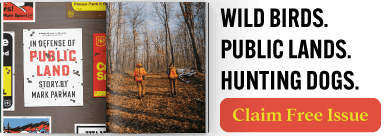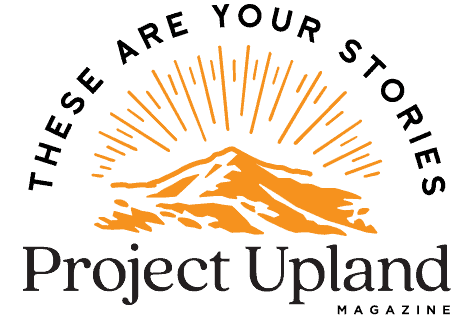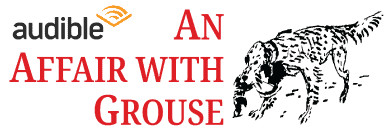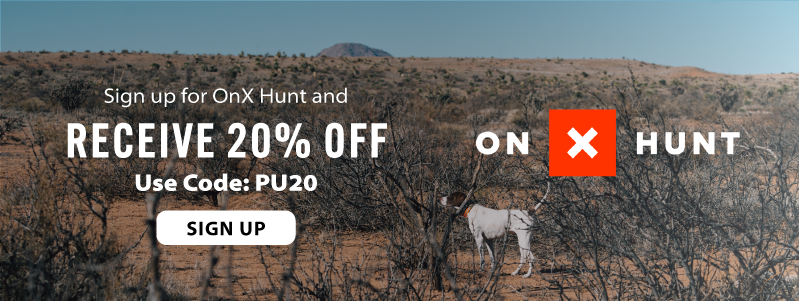Home » Hunting Rules, Licenses, and Seasons » Bird Hunting in Vermont for Grouse, Woodcock, Pheasant, and More
Bird Hunting in Vermont for Grouse, Woodcock, Pheasant, and More
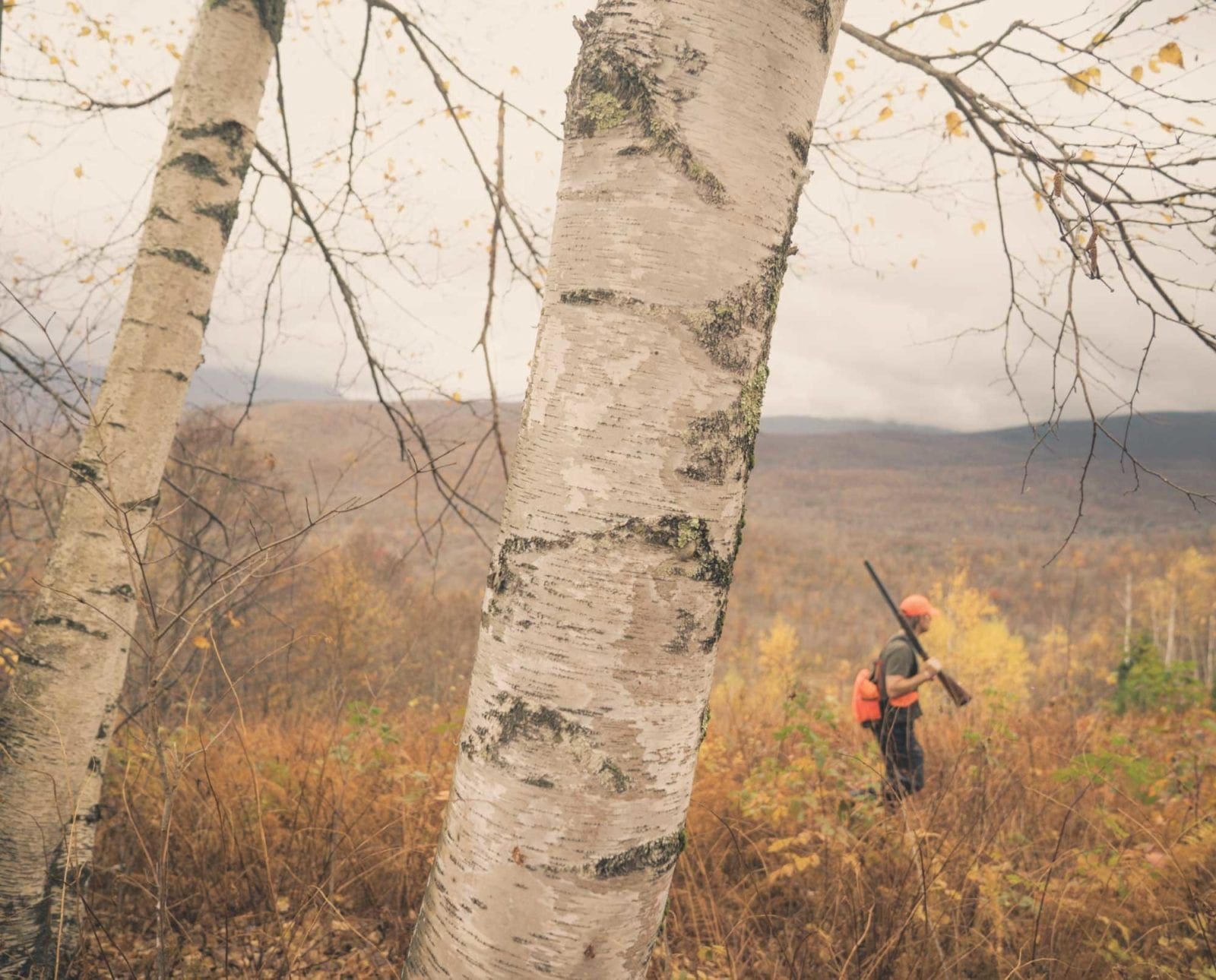
Project Upland is an editorial initiative to capture the cultures…
There are as many great spots for bird hunting in Vermont as there are beds and breakfasts.
For a long time, Vermont has been the quintessential romantic New England state. A great deal of that has to do with the deciduous trees in autumn and the natural beauty around every bend in a country road. The natural beauty is not just a backdrop for a quiet getaway. Many of the 80 wildlife management areas, which total more than 118,000 acres, provide scenic opportunities for bird hunting in the state. Nowhere is this more true than in the Northeast Kingdom. According to the National Geographic Society, those three counties make up the most desirable place to visit in all of America — an assessment which probably doesn’t factor in the grouse hunting opportunities to be found there.
Residents who want to go bird hunting in Vermont pay $26 for a license. Non-residents pay $50.
Ruffed Grouse
You can find ruffed grouse where the charm of Vermont comes through clearest — places like abandoned hillside farms and overgrown apple orchards. Ruffed grouse are the most widely available upland game bird in Vermont. And while you can find them throughout the state, “the most desirable place in the country” offers some of the best partridge hunting.
The season opens September 30 and closes December 31 with a daily bag limit of 4.
American Woodcock
Like the ruffed grouse, American woodcock are found statewide. Though they live completely different lives, these shorebirds can be found in many places where you would ordinarily find ruffed grouse. These are places like woody shrubs and thickets of birch and aspen. Middle and late October provide the best woodcock hunting, since many woodcock migrate from Canada in search of warmer weather. Check out the Northeast Kingdom and the Champlain Valley.
The season opens October 1 and closes November 14 with a daily bag limit of 3. Since American woodcock are migratory birds, you must participate in the Harvest Information Program.
Other Species for Bird Hunting in Vermont
There are a few other species for bird hunting in Vermont. The season for common snipe, also a migratory bird, falls on the same dates as that of the American woodcock. Crow season dates are January 15 to April 11 and August 19 to December 19. There is no limit on how many crow you can shoot, but you may only hunt them from Friday to Monday. Ring-necked pheasant are rare and are found partially in the Champlain Valley. The pheasant hunting season opens September 29 and closes December 31 with a daily bag limit of 2. Bobwhite quail and chukar partridge can be found on licensed hunting preserves.
Related Conservation and Non-Profit Organizations for Bird Hunting in Vermont
North American Versatile Hunting Dog Association (NAVHDA)
The Hunter Safety Course and Dog Training for Bird Hunting in Vermont
Anyone purchasing a hunting license must complete the hunter education course. There is no age limit to take the course, but the exam is written at the sixth grade level. The course is often taught over the course of several nights and there is a one-day field exercise with the instructor before being fully certified.
You may train your dog for bird hunting in Vermont from June 1 to the last Saturday in September and from sunrise to sunset. Handguns, as long as the hunter does not take any game while training, may be used.
The bird hunting season dates, game bird species available, and other information is subject to change. The article may not reflect this. Please visit the website for the Vermont Fish and Wildlife Department for the most up-to-date information on bird hunting in Vermont.
Project Upland is an editorial initiative to capture the cultures and traditions of upland bird hunting. We seek to inspire a future generation of upland bird hunters to understand the essence of hunting traditions and the critical cause for conservation.

